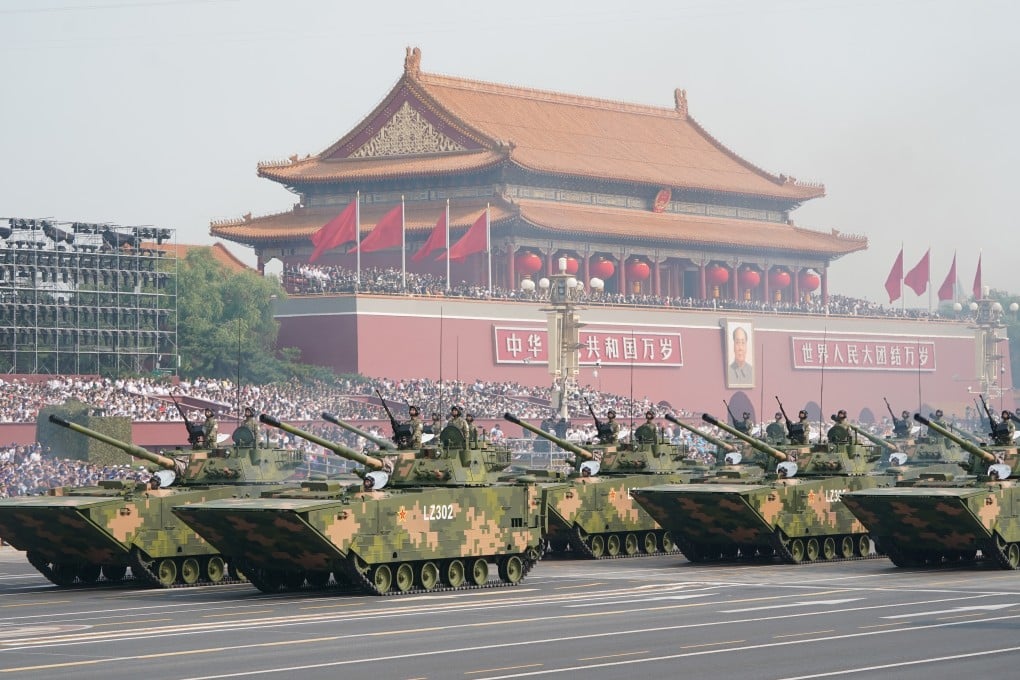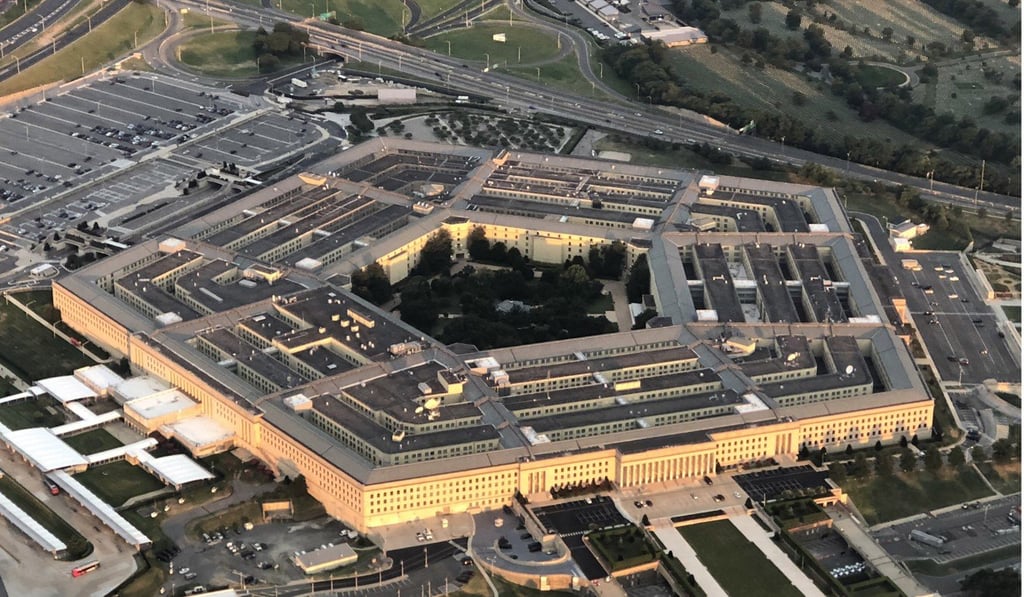New US defence official for China affairs ‘will be a stabilising force’
- The ‘unfolding long-term strategic competition with China is the defining challenge of our generation’, says Randall Schriver, assistant secretary of defence for Indo-Pacific security affairs

A Pentagon official warned of the challenges presented by China’s rise following its show of military might on Tuesday, and Washington’s decision to establish a new department to oversee its military relations with Beijing.
Acknowledging the geopolitical shift that had seen Beijing become an economic and military rival in recent years, Schriver told the Brookings Institution in Washington on Tuesday that “the unfolding long-term strategic competition with China is the defining challenge of our generation”.
“We’re no longer in a period of overwhelming American dominance, but rather one in which our armed forces are adapting to fight against near-peer competitors who are fielding increasingly sophisticated capabilities,” he said.
“Instead of expecting to dominate an opponent, our armed forces are learning to expect to be contested throughout a fight while achieving the political objectives set for them.”
